Kellie A. McElhaney is the Associate Adjunct Professor for the Haas School of Business - UC Berkeley. She also leads the Institute for Business and Social Impact, which focuses on investing in women in the global economy, in business, and in leadership. She strongly believes in women as corporate leaders .
Below is the transcript of our interview with her for the Females in Faculty Campaign:
Who was your female role model growing up?
"So sadly, I didn’t have a female role model growing up, which probably says a lot about the time in which I was growing up and looking around seeing women that I wanted to become. Actually, my father was my female role model or should say, leader of females in terms of a role model. He was an athletic director at an academic institution, well ultimately for academic institutions, but he was one of the authors of Title IX, so certainly the female coaches that he brought home and female athletes was really fighting for gender equity in the academic world. Early on, he had a huge impact on me."
How has being a woman shaped the way you teach your classes?
"The first thing really that has shaped my view is being a mom. Being a woman and a mom, looking at my daughters and trying to understand what kind of a world I'm helping to create or not helping to create for them, so that’s what got me into this space. Very much, I teach my classes differently because I know the data that we often attribute ideas a woman has given to a man. Men are the first to raise their hand. Men will generally in the classroom raise their hand and keep it raised while some body else is answering the question. Women tend to find that to be rude, so they will put their hand down. So there’s lots of different dynamics on how you teach. I would say the single biggest thing that I do differently as a woman because I am a woman with other women is to focus, double down, on celebrating other woman every single day because I don’t think we celebrate ourselves enough. Sometimes we don’t think we celebrate ourselves enough … we feel more of a … if she’s going to get celebrated, then it decreases my chances of doing well, which is not the case. So it is my mission every single day to celebrate as many women as possible on that day."
Were there any moments throughout your career where your gender affected how you were treated?
"There have been so many times that I realize being a woman is how people react to me. It’s not even a joke. It ’s not even “just a woman,” but things that I hear like, “Wow, you're so nice to be a feminist,” or “You wear lipstick, and you’re a feminist? ” … Because I came from banking, and there were no women when I was in the room, so my first faculty meeting, post PhD, I asked a question about “Pareto optimality” at a faculty meeting – couldn't remember it from Econ 1, nor did I understand the context in which it was being used and I had a male professor turn to me and say, “ Don't worry your pretty little head about it. This is an Economics term. We have this.” So yeah, I am reminded a lot about how being a woman just changes the way I'm being treated differently, and I should say, not always in a negative sense. There are lots of times where I very much use my feminine power in ways that I know wins me more."
What is your biggest piece of advice for students in underrepresented communities that are trying to pursue a career?
"I think the biggest advice – there has never been a time better than today to bring your whole self to work, particularly if you're an underrepresented minority, diverse, in all ways, we are diverse. Bring it. Bring it all. You're being hired right now not because you're diverse but because you are you and your diversity is part of you. I get frustrated when I hear folks from diverse communities say, “Well, I don't want to be a number, ” “I don't want to be hired just because” – that’s not why you’re being hired. You're being hired because of you and your diversity is part of you, so just bring it."
---
Thank you , Professor Mc Elhaney ! We are inspired and empower ed , and we can ’ t wait to see the work that the Center for Gender Equity and Leadership will accomplish!
For more information, checkout her UGBA 192 class in the spring time , called “ The Business Case for Investing in Women. ”
